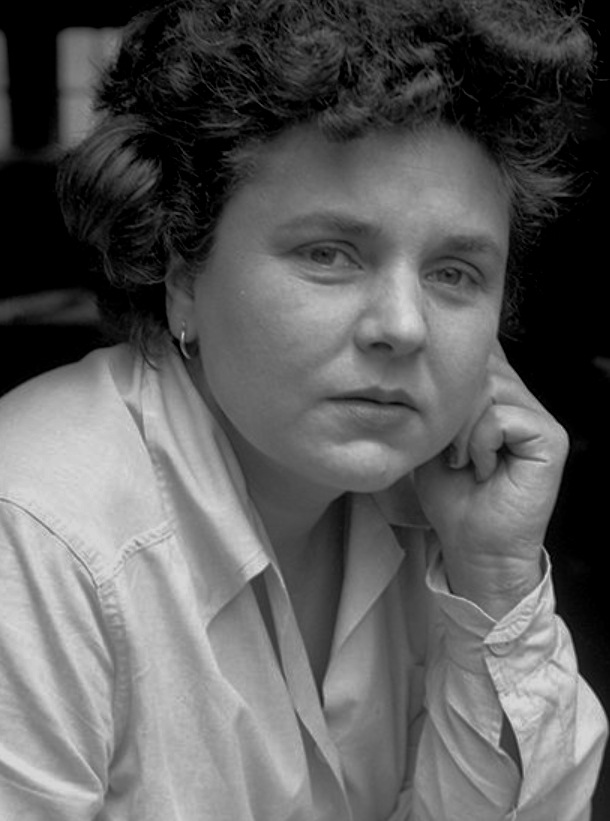Facts about Elizabeth Bishop
Elizabeth Bishop Biography
Elizabeth Bishop was an American poet who won the Pulitzer Prize for 1955’s North & South. A Cold Spring and the National Book Award for her 1969 collection, The Complete Poems.
Bishop’s childhood was marked by tragedy. Her father died when she was an infant, and when she was five her mom was committed to a mental hospital.
Elizabeth Bishop was raised by grandparents in Nova Scotia and western Massachusetts until her mother’s sister took her to Boston in 1918.
Bishop ended up graduating from Vassar College in 1934, by which time she’d decided to make a go of it as a poet (thanks in large part to her friend Marianne Moore).
She moved to New York City and, after winning a poetry prize in 1945, had her first poems published in 1946. Bishop’s friendship with poet Robert Lowell taught her the value of grants and fellowships, and her reputation among poets and critics grew; in 1949 she was named Poet Laureate of the United States.
She was awarded a travel fellowship in 1951 that took her to South America, and for eighteen years Bishop lived in Brazil, where she wrote essays and poems and live happily with her nurse-turned-lover Lota de Macedo Soares.
That country’s political unrest eventually caused Bishop and Soares to go to New York — but Soares killed herself soon afterwards.
By 1970 Bishop was back in the U.S., teaching at Harvard and appreciating the notoriety that came from a National Book Award for her 1969 collection The Complete Poems.
Her poems explore the relationship between people and nature, with themes of loss and detachment and, perhaps because of her extensive travels, the importance of geography.
Bishop’s most popular poems include “One Art” and “In the Waiting Room.”
Extra credit
Elizabeth Bishop is buried in Hope Cemetery in Worcester, Massachusetts, the same cemetery as rocket scientist Robert Goddard… Worcester is also the hometown of former Poet Laureate Stanley Kunitz and modernist poet Charles Olson.

